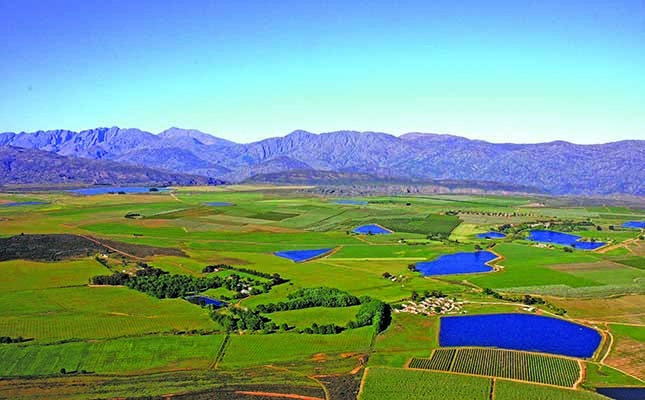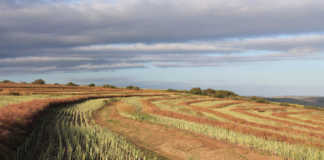
The announcement on Thursday by the South African Reserve Bank (SARB) monetary policy committee of a 100-basis-point cut, or one percentage point, in the repo rate from 6,25% to 5,25%, was positive news for farmers.
However, it also reflected the serious impact of the novel coronavirus (COVID-19) pandemic and the state of recession South Africa was expected to endure this year.
This meant the country’s prime lending rate would be 1% lower at 5,25% from 20 March.
Lesetja Kganyago, governor of SARB, said monetary policy could ease financial conditions and improve the resilience of households and firms to the short-term economic implications of COVID-19.
“Our decision and its magnitude seeks to do this in the near term,” he said in a statement.
Prof Johan Willemse, agricultural economist, said the main driver of this decision was an attempt to create liquidity in the wake of COVID-19.
“Our South African banks, for example, have recently seen share prices decrease by 25% to 30%,” he said.
Willemse added that the general consensus was that South Africa was faced with an economic recession, with economic growth for 2020 estimated at -0,2%. He said the SARB had dropped the repo rate in an effort to stimulate the economy, in line with the forecast that inflation was expected to decline.
“We are also expecting the SARB to announce another two or three cuts of 25 basis points each throughout the rest of the year.”
Willemse said the decision had also been made possible due to interest cuts announced across the world, with interest rates in the US now down to 0%, while those in the UK was nearly at that level, and EU countries were also expected to keep rates at similar levels.
He said this meant South Africa could afford to drop interest rates to stimulate the economy, while still keeping them high enough in relation to global rates to enable the country to be in a position to draw investment income.
For farmers at ground level, Willemse said the interest rate cut was positive as this would improve their capacity to service their credit obligations.
He urged farmers to speak to their financiers to ensure that finance agreements such as those linked to prime lending rates had been adjusted accordingly.
Paul Makube, senior agricultural economist at FNB Agri-Business, concurred that the rate cut would help to alleviate pressure on the agriculture sector, particularly in drought-ravaged regions. He highlighted benefits such as improved cash flow and lower debt repayments.











